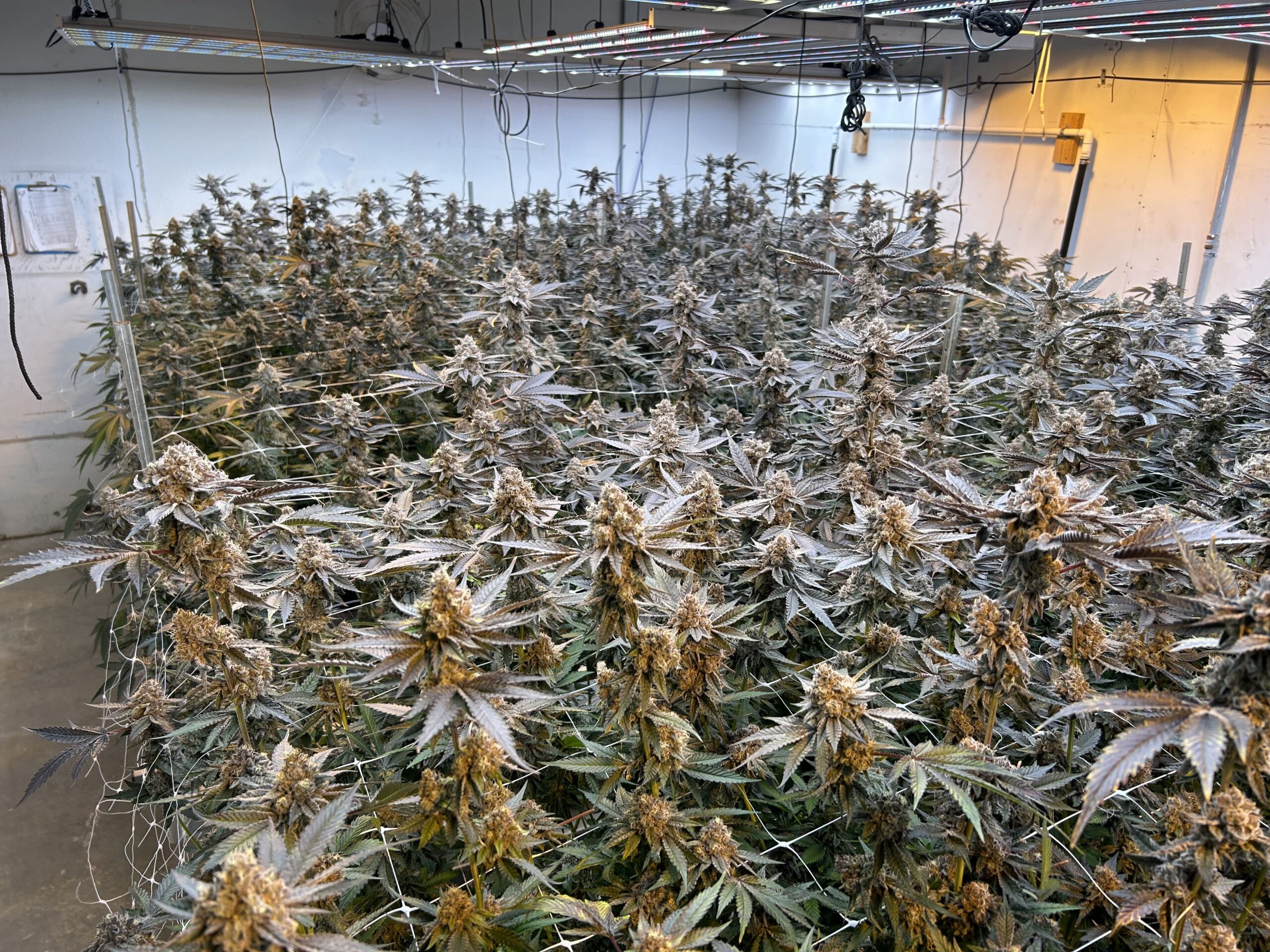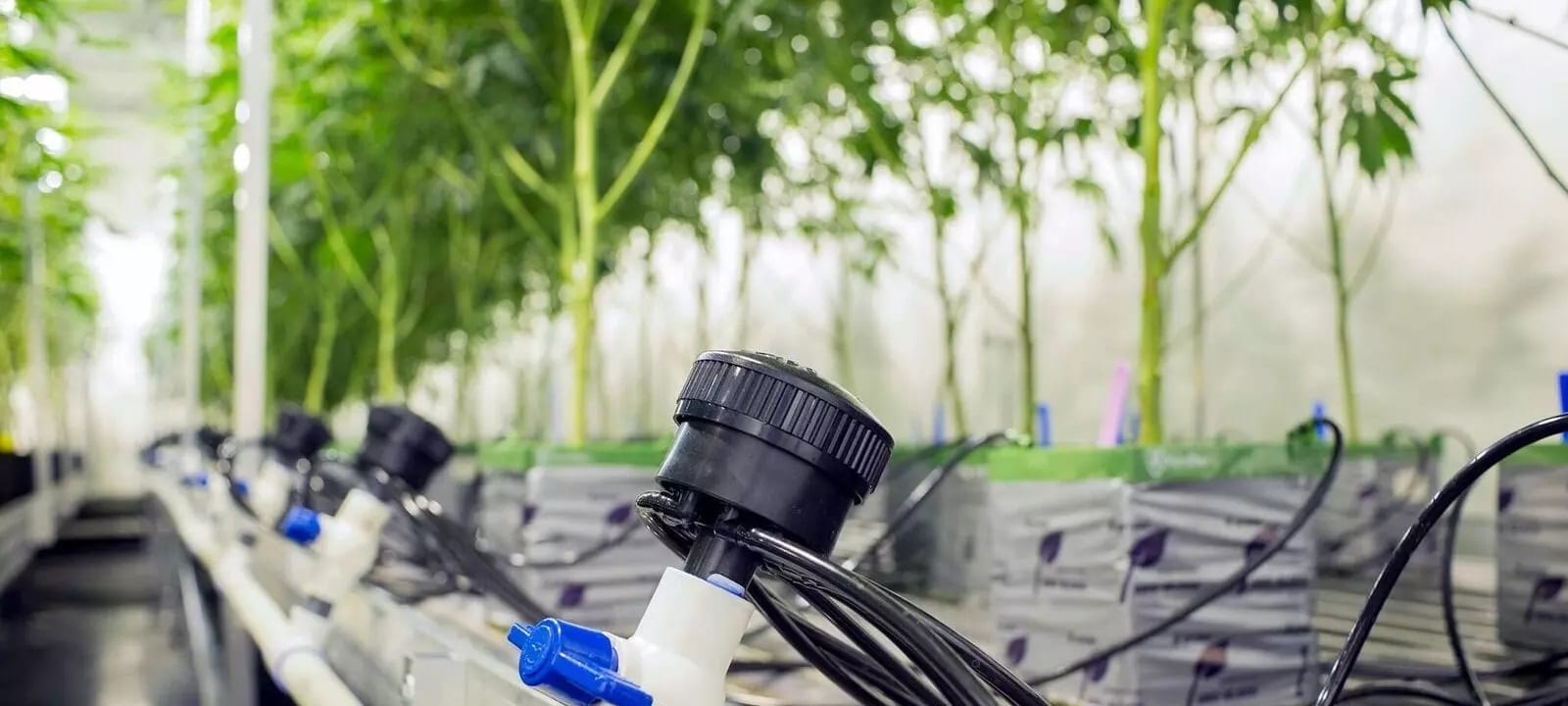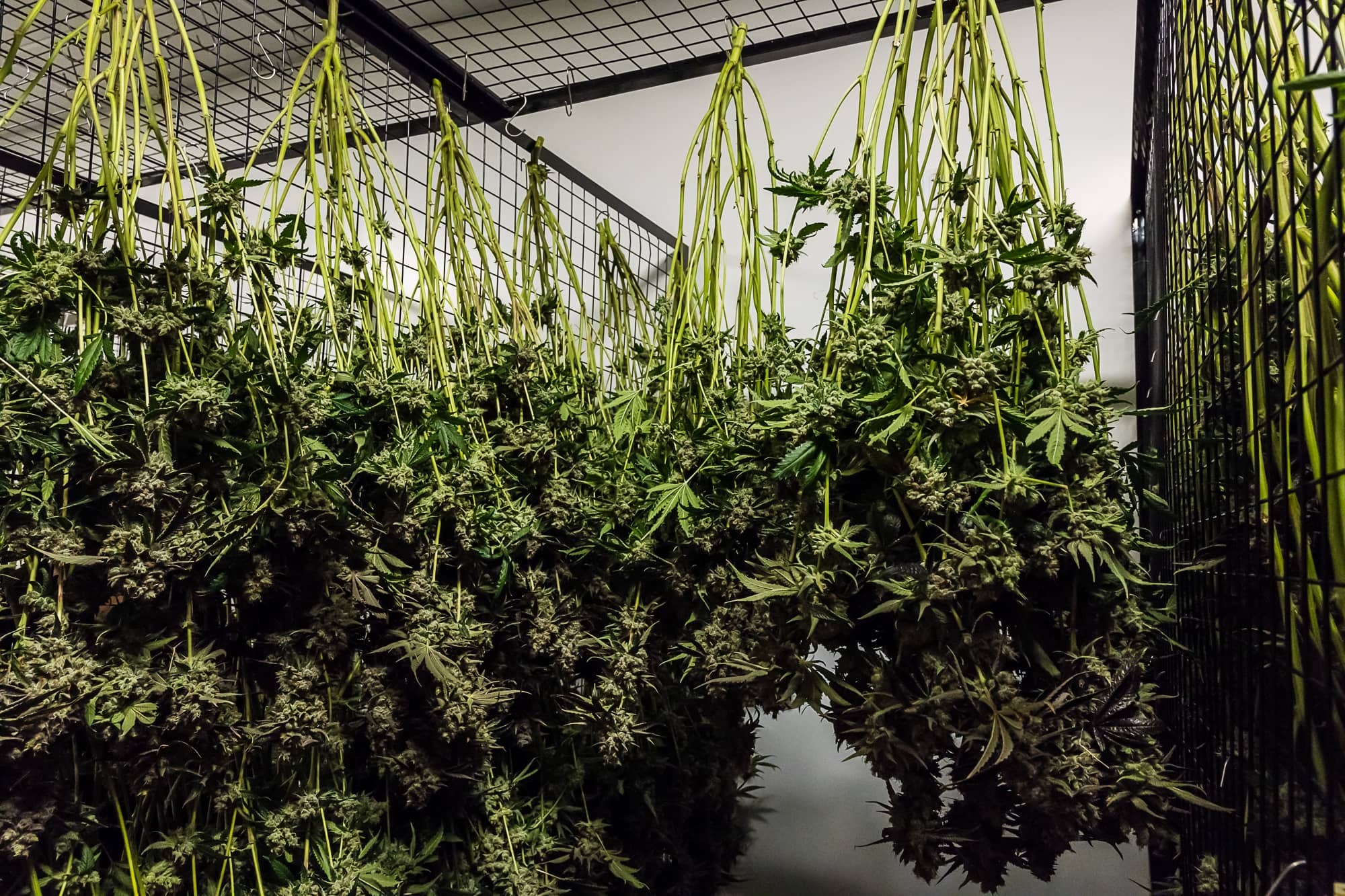
Update as of 2/28/22
The ongoing lawsuit has come to an end and Metrc has received a court order to move forward as the sole provider of track and trace software in the state. All Oklahoma cannabis licenses must become compliant with Metrc’s reporting system within 90 days, or on May 26, 2022.
Over the next 3 months, OMMA (Oklahoma Medical Marijuana Authority) will be offering 5 training seminars to help businesses get up to speed and trained on the software.
“Lifting this injunction clears the single biggest roadblock to OMMA enforcing the law,” OMMA Executive Director Adria Berry said in the release. “This is a crucial step toward cracking down on licensees operating illegally or skirting the system within Oklahoma’s medical marijuana industry. Come May 27, we will focus the bulk of our enforcement authority on businesses that are not Metrc-compliant.”
Adria Berry, OMMA Executive Director
Trym is now integrated with Metrc in Oklahoma and we’re ready to help your business transition smoothly to Metrc. Schedule an intro call with us to learn how Trym can eliminate those compliance headaches.
A Class Action Suit causes 60 Day Delay in Metrc Implementation (June 30, 2021)
April 30 was the due date on which Oklahoma cannabis businesses were to report all beginning inventory into Metrc Oklahoma, the state-mandated cannabis seed-to-sale tracking system.
Just before the deadline, a court order was authorized to extend OMMA’s (Oklahoma Medical Marijuana Authority) deadline for when cannabis businesses must enter their inventory into their Metrc account. The judge will hear more information in the case on June 29.
The Class Action Lawsuit
An attorney from Tulsa, Ron Durbin, filed a class action suit on behalf of Beau Zoellner, marijuana dispensary owner and licensee who operates Dr. Z Leaf in Tulsa. Their argument centers on OMMA giving the Metrc compliance system a monopoly in the state. He says he does not find a legal requirement to use one singular company to provide seed-to-sale tracking services to marijuana businesses.
While there are other seed to sale systems serving cannabis states, none currently report any compliance data to Oklahoma. Oklahoma currently tracks the movement and sale of medical marijuana through monthly compliance reports that all commercial licensees must submit to OMMA. A Metrc integration would replace the state’s interim compliance process.
Where does the $$$ go?
Metrc compliant states choose to handle the seed to sale compliance costs, like tag fees and license fees differently.
For example in California, the state decided to fold Metrc system costs into its cannabis licensing fees. In Oklahoma, cannabis businesses are facing a $40 monthly fee per license, along with the cost of Metrc tags, priced at $0.45 per marijuana plant tag and $0.25 per package tag. All medical cannabis products must be labeled with Metrc unique identification numbers.
Many people on social media are also objecting to the absurdly high shipping costs that they see as an additional tax on cannabis operators. These recurring costs can lead to increased pricing to the medical marijuana patient and consumer.
The application fee for cannabis businesses in Oklahoma is $2,500. In other states, fees range greatly.
For example, in Oregon, cannabis license fees range from $1000 to $5,750, depending on the cannabis operator’s size.
In California, application fees are drastically different based on the size of the operation, ranging from $135 for a small outdoor farm to $8,655 for an indoor grow. However, the annual license fees are much higher. A medium indoor licensee pays $77,905 annually. While California chose to fold the cost of plant and package tags into their annual license fees, most states in the cannabis industry pay for Metrc tags.
Here’s a great article that details licensing fees in all medical marijuana states.
Plant and marijuana product tags are another revenue source for the Metrc system, ranging between $0.25-.$0.45 each. The cost of tags over the course of a year can be quite high for a licensee. The lawsuit is bringing the cost of compliance burden into the spotlight. The plaintiff states that if medical marijuana businesses are already paying taxes and license fees, why do they need to pay additional fees to a 3rd party that will report to the state, via the Metrc API in this case?
Seed to Sale software in Medical Cannabis States
There are three main seed-to-sale software companies in the cannabis industry. Metrc is currently the sole contract for seed to sale tracking in 16 states across the country. Biotrack is the second largest company offering seed to sale software in 6 states and Puerto Rico. Leaf Data Systems is the third-ranking seed to sale provider, currently in 3 states.
The lawsuit presents a legitimate discussion: why does that state choose only one provider, in turn creating a monopoly on the service? In all medical marijuana states, thus far, only one seed to sale company is selected as the state tracking software provider.
In Missouri, a similar debate occurred on whether a state could have more than one seed to sale platform.
“The possibility for two systems is currently very low, with cannabis industry thought leaders sharing that two can’t share the same database because they have their own structure. In order to meet some of the requirements to keep people from looping, such as real-time updates on purchases and checking amount purchased per month, it made it impossible to have more than one and still meet the timelines set in the amendment. Choosing one system limited the potential for system abuse.”
From article on Greenway’s site
On the one hand, tracking massive amounts of data is a complex task. And centralizing all the compliance data is important to the state to get a transparent, complete view of medical marijuana products in the supply chain.
On the other hand, the case introduces a point worth discussing – did the Oklahoma government and its medical marijuana agency, OMMA, perform their due diligence and receive multiple bids on the contract? And if so, would it be possible for the state to select more than one provider? Those concerns will be reviewed on June 29th.
In the Meantime
The special order does not bar business owners from using Metrc’s seed to sale system voluntarily, if they so choose. In fact, there are ways for businesses to transact with each other even if one is using the Metrc system and the other is not. The Metrc administrator would simply produce an external transfer transaction.
So far, Metrc training has been provided to all cannabis businesses in Oklahoma, but some say it hasn’t been enough to get them onboarded. This 2 month delay may provide an opportune time for commercial licensees to continue getting all their questions answered in case the state rules to continue Metrc integration.
Given the court order was passed so close to the compliance deadline which all cannabis businesses were rushing to meet, many businesses do have their inventories tagged and currently tracking in Metrc Oklahoma. Metrc training will continue to be available for all commercial licensees.
Some have chosen to hold off on using the Metrc system, and specifically, paying their monthly fees as well as purchasing tags for plants and products.
There is word on Facebook groups that some marijuana dispensaries are saying they’re moving forward with Metrc reporting and only going to buy product from vendors who are also Metrc compliant. Someone replied saying they were in a medical marijuana dispensary with active orders and choosing to wait to see what happens with the trial at the end of June.
Dispensaries that are stating they’ll only work with other Metrc vendors may just be trying to keep their systems clean, with the assumption that in 60 days, Metrc system implementation will commence.



















